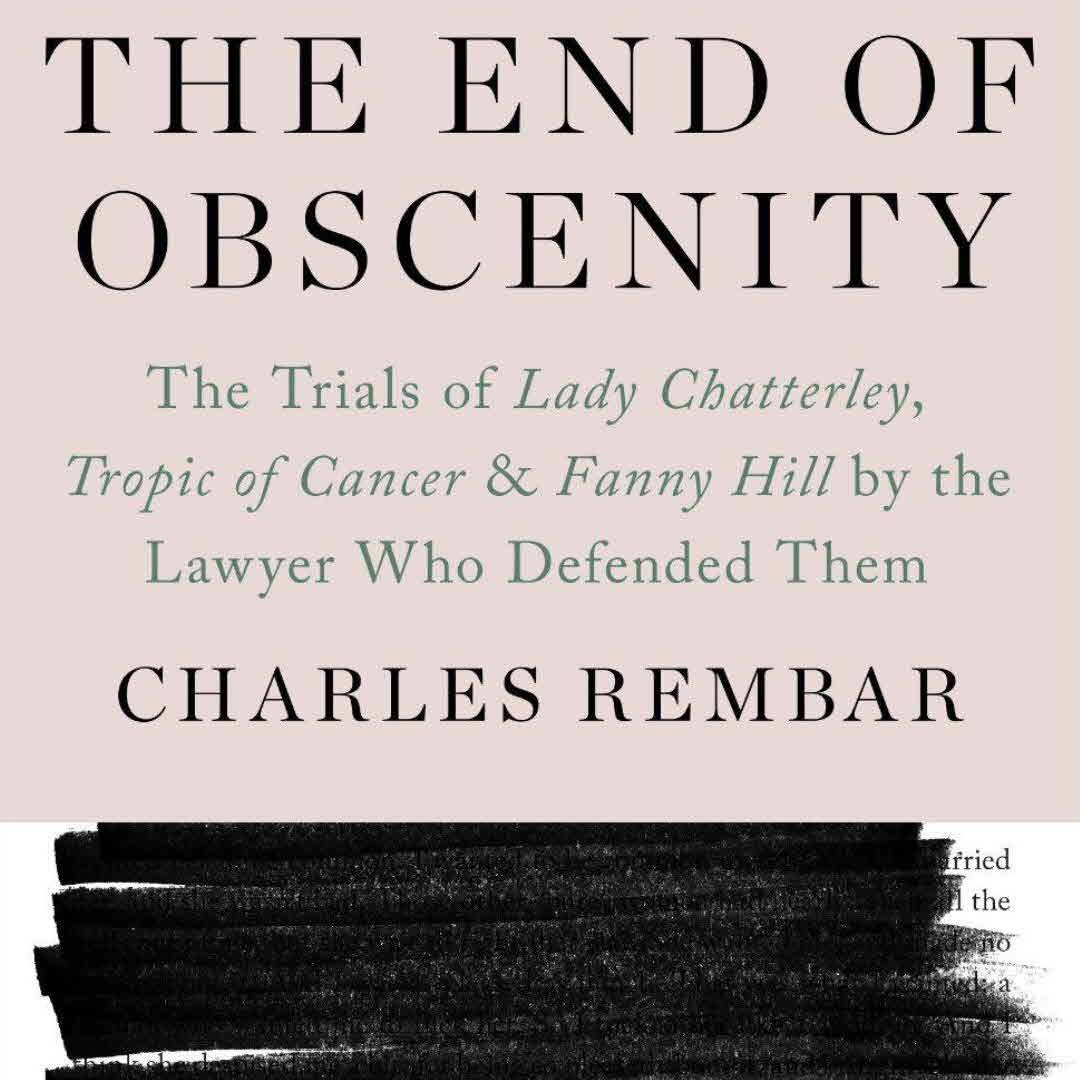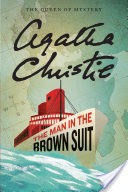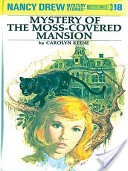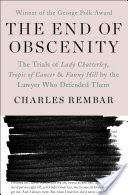
#OnThisDay in 1959 a landmark decision was made in the NY Courts that would forever alter US obscenity laws. Earlier that year Grove Press sued the Post Office for confiscating copies of Lady Chatterley's Lover. Lawyer Charles Rembar successfully argued that social and literary merits of the work superceded the sexual content. Rembar would go on to successfully argue for overturning bans in Tropic of Cancer, Fanny Hill, and more. #HistoryGetsLIT
63 likes1 stack add


















